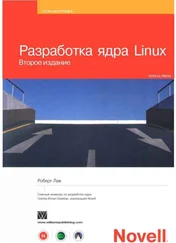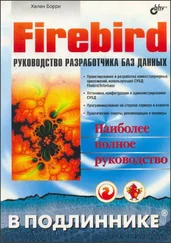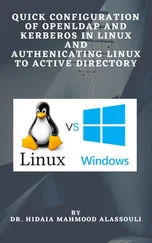Ори Померанц - Энциклопедия разработчика модулей ядра Linux
Здесь есть возможность читать онлайн «Ори Померанц - Энциклопедия разработчика модулей ядра Linux» весь текст электронной книги совершенно бесплатно (целиком полную версию без сокращений). В некоторых случаях можно слушать аудио, скачать через торрент в формате fb2 и присутствует краткое содержание. Жанр: Программирование, на русском языке. Описание произведения, (предисловие) а так же отзывы посетителей доступны на портале библиотеки ЛибКат.
- Название:Энциклопедия разработчика модулей ядра Linux
- Автор:
- Жанр:
- Год:неизвестен
- ISBN:нет данных
- Рейтинг книги:5 / 5. Голосов: 1
-
Избранное:Добавить в избранное
- Отзывы:
-
Ваша оценка:
Энциклопедия разработчика модулей ядра Linux: краткое содержание, описание и аннотация
Предлагаем к чтению аннотацию, описание, краткое содержание или предисловие (зависит от того, что написал сам автор книги «Энциклопедия разработчика модулей ядра Linux»). Если вы не нашли необходимую информацию о книге — напишите в комментариях, мы постараемся отыскать её.
E Эта книга распространяется в надежде, что будет полезна, но без какой-либо гарантии; даже без подразумеваемой гарантии высокого спроса или пригодности какой-либо для специфической цели.
Автор поощряет широкое распространение этой книги для персонального или коммерческого использования, если вышеупомянутое примечание относительно авторского права остается неповрежденным, и распространитель твердо придерживается условий GNU General Public License (см. Приложение
). Вы можете копировать и распространять эту книгу бесплатно или для получения прибыли. Никакое явное разрешение не требуется от автора для воспроизводства этой книги в любой среде, физической или электронной.
Обратите внимание, производные работы и переводы этого документа
быть помещены согласно GNU General Public License, и первоначальное примечание относительно авторского права должно остаться неповрежденным. Если Вы пожертвовали новый материал этой книге, Вы должны сделать исходный текст доступным для ваших изменений. Пожалуйста делайте изменения и модификации, доступные непосредственно поддерживающему данный проект Ori Pomerantz. Он объединит модификации и обеспечит непротиворечивость изменений для всего Linux сообщества.
Если Вы планируете издавать и распространять эту книгу коммерчески, пожертвования, лицензионные платежи, и/или напечатанные копии будут высоко оценены автором и Linux Documentation Project (LDP). Содействие таким образом показывает вашу поддержку свободного программного обеспечения и Linux Documentation Project. Если Вы имеете вопросы или комментарии, пожалуйста войдите в контакт с автором по адресу, приведенному выше.





![Елена Правдина - Говорят, в IT много платят. Как построить успешную карьеру разработчика, оставаться востребованным и не выгорать [litres]](/books/436529/elena-pravdina-govoryat-v-it-mnogo-platyat-kak-pos-thumb.webp)

